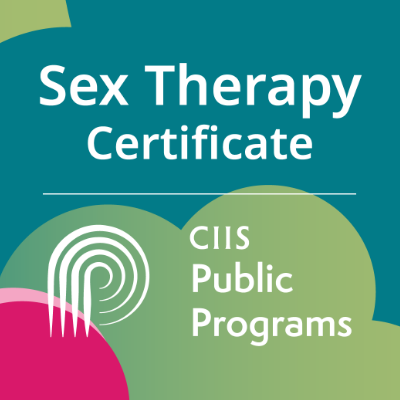Women's Therapy for Sexual and Emotional Health.
Sexual identity develops and shifts throughout a lifetime and is shaped by our sexological ecosystem, or sexual development in relation to other people (Buhler, 2013). Sociocultural expectations around women’s sexuality have undoubtedly been a part of the human experience for millennia, impacting how women have felt in and viewed their sexual bodies. When working with clients identifying as women, I hold in mind historic, systemic messaging around women’s 1) reproductive experiences 2) sexual functioning, appearance, and pleasure, and 3) sexual and social value.
Sexual Health
"Sexual health is a state of physical, mental and social well-being in relation to sexuality. It requires a positive and respectful approach to sexuality and sexual relationships, as well as the possibility of having pleasurable and safe sexual experiences, free of coercion, discrimination and violence." (World Health Organization, retrieved 2018)
Women's Psychosexual Issues I Work With
Some of the issues I work with: High/low sexual desire, Genito-Pelvic Pain or Penetration Disorde, fear of having sex, out of control sexual behavior, body image, aging and sexuality, struggles with conception and infertility, choice around being a parent or not, perfectionism, and societal expectations.
A Bit About Genito-Pelvic Pain or Penetration Disorder
Genito-Pelvic Pain or Penetration Disorder is a condition in which the pelvic floor muscles around the vagina contract or tighten whenever an attempt is made to penetrate. This is an involuntary action, wherein, the partner has no control over the muscle contraction. There is no evidence to show that every woman suffering from this disorder should experience the same symptoms. The DSM-5 criteria for Genito-Pelvic Pain/Penetration Disorder include one or more symptoms of this condition (Lentz GM, Lobo RA, Gershenson DM, Katz VL, eds, 2012):
Tightening of the vaginal muscle resulting in the inability to penetrate
A feel of tension, pain or a burning sensation felt when penetration is attempted
A decrease in or no desire to have intercourse
Voluntary avoidance of sexual activity
An intense phobia or fear of pain
I've completed the Sex Therapy certificate training program through The California Institute of Integral Studies; I’m a certified sex therapist through The American Association of Sexuality Educators, Counselors, and Therapists (AASECT); I hold a certificate in mindfulness in psychotherapy; and I am fully trained in Attachment Focused EMDR through the Parnell Institute. These studies have supported my work as a sex therapist, helping me tailor treatment for individuals and relational work around sexuality and sexual health.
My practice is LGBTQQIA, BDSM, Kink, and Consensual Non-monogamy inclusive.







